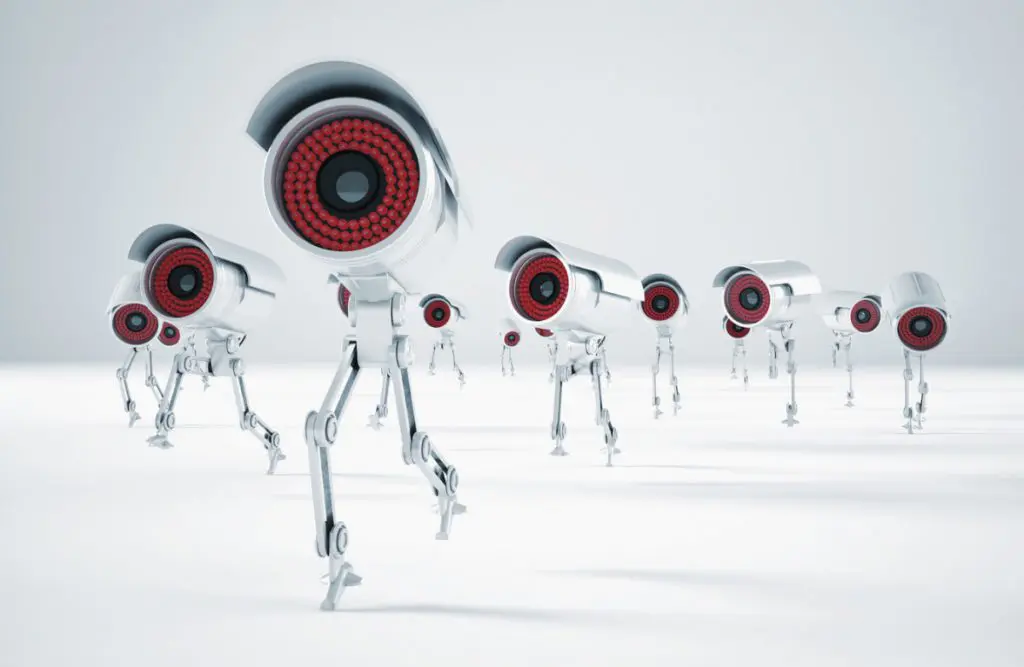Germany – Japanese recycler Harita Metal Co. has stepped on board a national project that is focusing on the mutual separation of scrap aluminium alloys with support from a consortium of the country’s universities and research institutes. The initiative combines an appearance recognition system with a neural network analysis (ARENNA) sorter as well as a laser-induced breakdown spectroscopy (LIBS) sorter.
‘The new ARENNA system can detect many metals like copper, iron, lithium, manganese, magnesium and zinc,’ entrepreneur Matoko Harita told delegates at last week’s biannual Sensor-Based Sorting congress in Aachen, Germany. The system was developed at the National Institute for Advanced Industrial Science and Technology (AIST) and essentially performs 3D image analysis and density measurement with a neural network system to identify shredded scrap aluminium alloy particles.
Recent experiments involving samples of seven wrought aluminium alloys and one casting alloy showed ‘a lot of potential’, Harita announced. Nearly all wrought alloys (apart from the 2000 series) were separated with a separation probability of around 96%. ‘Perhaps the 2000 series alloys were mistaken for casting alloys,’ the ceo offered by way of explanation.
The speed of the sorting system has been measured at 1 metre per second and costs at approximately 15 Euro cents per kg. These results were achieved with the assistance of German firm SECOPTA whose MopaLIBS sorter prototype was used in five trials. The LIBS sorting project started in April 2014 and will be completed this March.
Harita Metals Co. also confirmed its plans to invest in a pilot-scale facility to pursue ‘a more precise’ mutual separation system for scrap aluminium alloys. This recycling plant would have a capacity of roughly one tonne per hour and would accommodate an energy-saving sorting process to partially replace conventional energy-intensive smelting processes.
‘In Japan, the majority of aluminium scrap is recycled via cascade recycling in which various kinds of aluminium alloys are mixed to create casting alloys for manufacturing combustion engines,’ Harita noted. Demand for wrought aluminium has increased while demand for casting combustion engines has ‘gradually decreased’.
Harita currently owns two recycling facilities with a total capacity of 120 000 tonnes per year. Annually, these produce over 4000 tonnes of high-quality aluminium alloys from mixed metal scrap.
Don't hesitate to contact us to share your input and ideas. Subscribe to the magazine or (free) newsletter.



